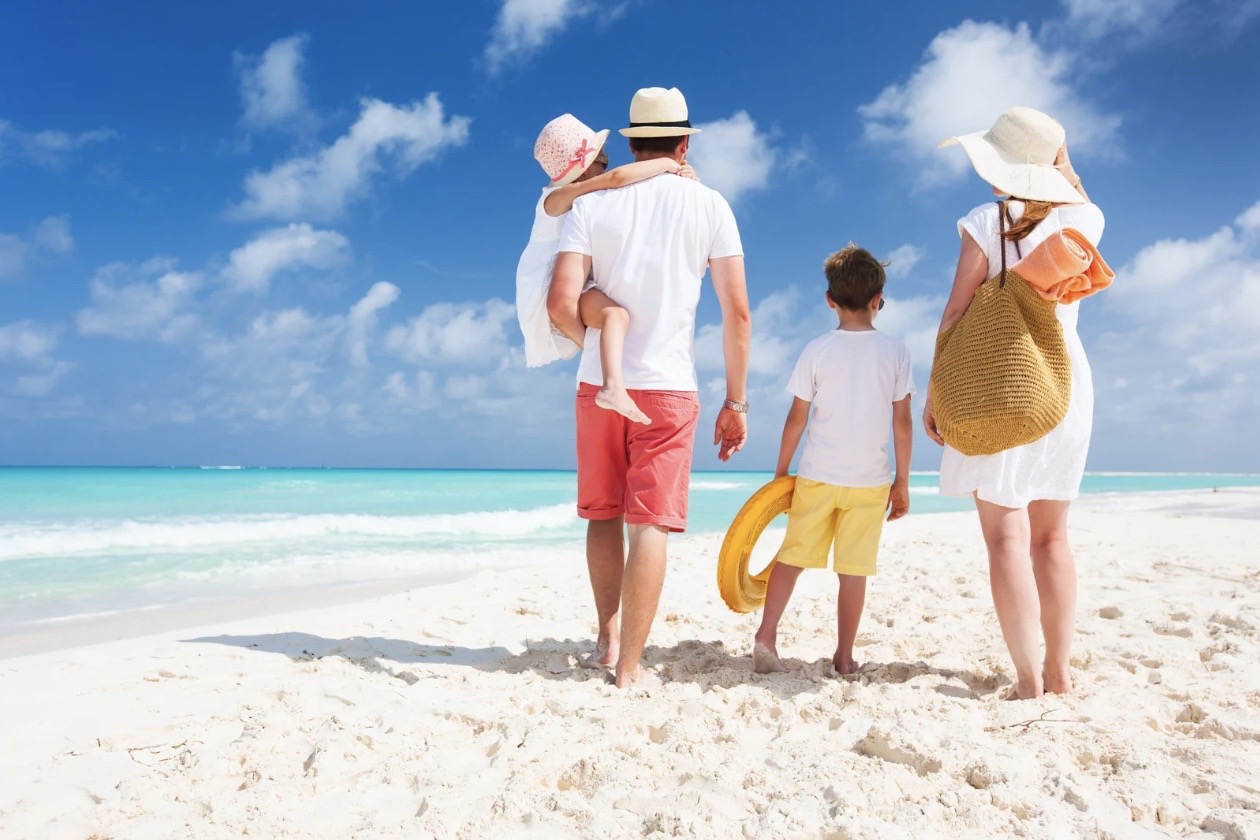
Hello to our lovely Country Kids OT community!
With the Easter long weekend approaching, we thought we’d share some useful tips for going on holidays.
Holidays and travel can be difficult for most children (and parents) to an extent, however traveling with a child with additional needs can mean there are more things to consider.
Going on holiday is a wonderful opportunity for kids to spend quality time with family and friends, relax, and make lasting memories, but it is also an opportunity to experience a new environment and be gently pushed out of their comfort zone, which can be great for growth.
Having a child with additional needs may make you reluctant to travel at all. With the extra preparation that may be required, and the possibility of melt downs or things going wrong, it can feel easier to just stay home. But it is advised to give it a go anyway! Be brave! The benefits of holidaying far outweigh the potential challenges.
With that in mind, here are some tips to hopefully make the holiday process a more enjoyable experience for everyone.
Plan ahead
This may be the most important part of ensuring a smooth-running holiday. There are lots of things you can do ahead of time to assist your child.
- Prepare your child for the event. Talk to them about the upcoming holiday and what they can expect. You could show them pictures or videos of the location and accommodation, or read books about holidays and travel. You could even work with your practitioner to develop a social story about the trip. Having a visual calendar where you cross off each day leading up to the trip might be helpful as well. If you anticipate an aspect of the trip to be especially unfamiliar or stressful (such as going to the airport) you could try having a ‘practice run’ at home beforehand.
- Remember to bring enough calming items such as sensory items or familiar toys, as well as food you know your child will want to eat.
Involve your child in the holiday planning.
Let your child be part of the decision-making process when possible. Where would they like to go? What activities would they like to do? Let them choose what clothes and toys to bring if they can. This may give your child a sense of control and help to avoid too many surprises.
Stick to familiar routines where possible.
You might like to keep your family’s morning and bedtime routines the same as much as possible. You could bring your child’s favourite bedtime book to read, and their regular breakfast cereal. This can insert some familiarity and calm into an otherwise new environment.
Embrace the great outdoors
Holidays can be a great opportunity for some outdoor activities. Being outside in nature is a chance to escape the overstimulation that can result from too much screen time and engage a child’s senses in a calming and regulating way. In nature, there are many different things to see, hear, touch, smell, etc. which provides healthy sensory exposure. This may help your child to regulate their sensory systems and ease the symptoms of sensory processing issues.
We hope you find these ideas helpful. Whether your family is going on holiday or staying in this Easter, we hope you have an enjoyable and restful break ☀️
Sources:
A-Z Guide for Sensory-Friendly Travel and Vacationing, Chicago Occupational Therapy, https://chicagooccupationaltherapy.com/uncategorized/a-z-guide-for-sensory-friendly-travel-and-vacationing/
OT Travel Tips for Families of Children With Special Needs, Focus Therapy, https://focusflorida.com/occupational-therapy/ot-travel-tips-for-families-of-children-with-special-needs/
6 OT tips to prepare for a road trip!, Xavier, https://xavier.org.au/resources/news/2022/june/240/6_ot_tips_to_prepare_for_a_road_trip
6 Little Known Tips for Vacation with a Neurodivergent Child, The OT Butterfly, https://theotbutterfly.com/vacation-with-nd-child/sws-podcast/
10 Tips to Help Kids Avoid Travel Meltdowns and Sensory Overload https://www.understood.org/en/articles/10-tips-to-help-kids-with-sensory-processing-issues-avoid-travel-meltdowns
